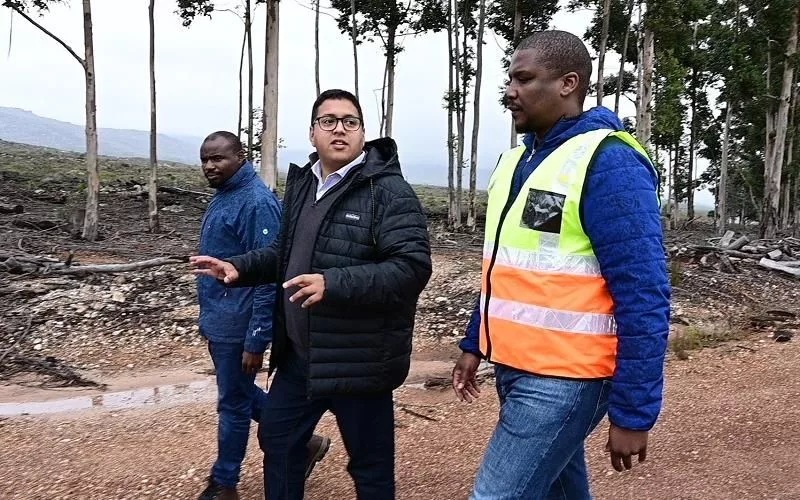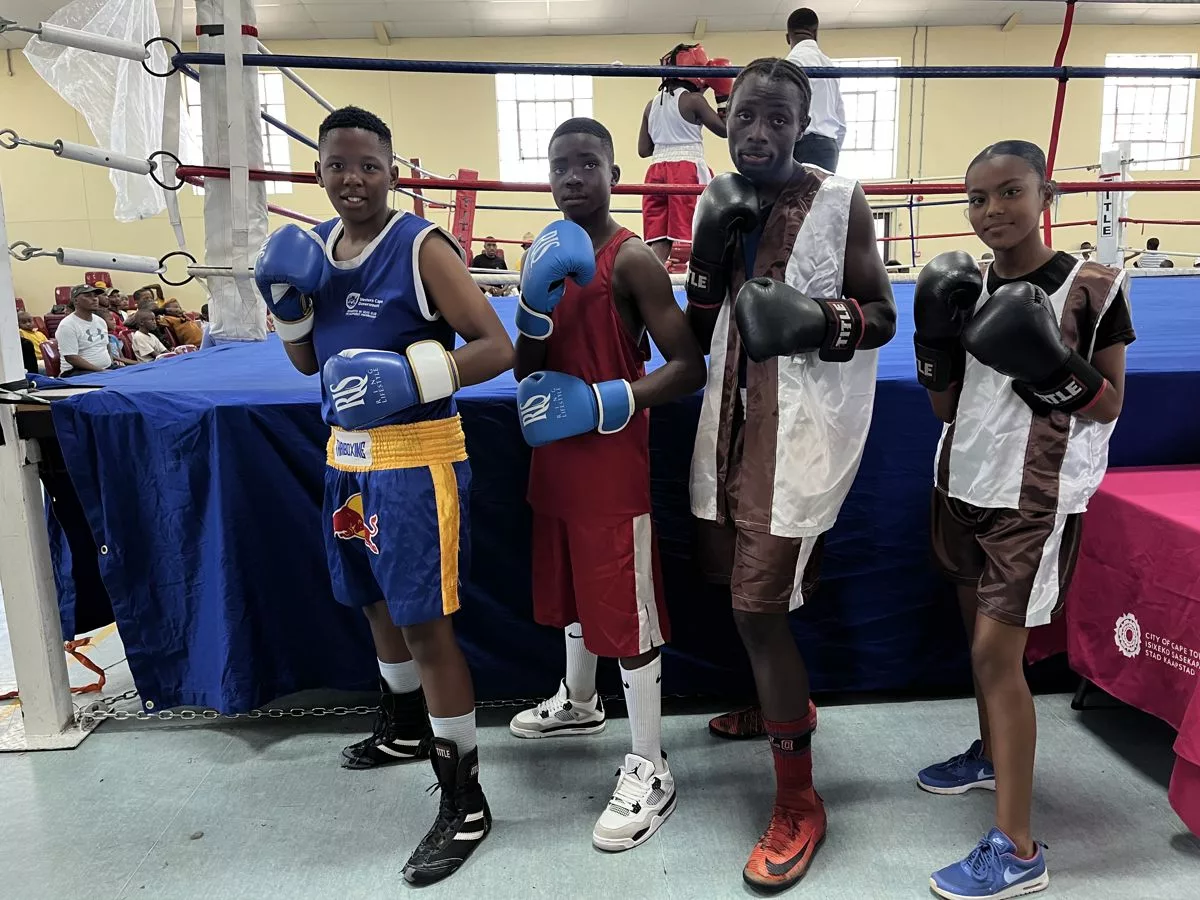In Cape Town, there is a battle against invasive plant species that consume 55 billion litres of water annually. The Water and Sanitation Directorate of the City of Cape Town and the Greater Cape Town Water Fund are working together to eradicate these plants and have already recouped 16.1 billion litres of water through removal efforts. This initiative has also created 787 green jobs and employed 151 specialized high-angle technicians, while contributing to the city’s water strategy and long-term New Water Programme for a sustainable future.
The Battle Against Environmental Invaders in Cape Town
Learn how the Water and Sanitation Directorate of the City of Cape Town, in collaboration with the Greater Cape Town Water Fund, is combatting the threat of non-native, water-consuming plant species in Cape Town. These invasive species consume around 55 billion litres of water annually, but the eradication efforts have already recouped an impressive 16.1 billion litres of water through the removal of invasive plants. The initiative has also stimulated job growth, creating 787 green jobs and employing 151 specialised high-angle technicians.
In the bustling centre of Cape Town, a quiet war rages. The enemy isn’t visible to the naked eye but is a formidable foe nonetheless – alien invasive plant species. The Water and Sanitation Directorate of the City of Cape Town, in collaboration with the Greater Cape Town Water Fund (GCTWF), has made commendable progress in combating these environmental threats within the first six months of the 2023/2024 financial year.
The adversaries in this skirmish are non-native, water-consuming plant species, such as pines, gums and wattles. These water-hungry interlopers pose a significant threat due to their excessive water consumption – around 55 billion litres annually. This amount equates to an eye-watering two months’ water supply for the city of Cape Town.
A Strategy for Sustainability
What distinguishes this battle isn’t simply the environmental and financial implications, but the strategic approach that the city is implementing to protect this essential resource. The eradication of these invasive species forms a critical element of the city’s Water Strategy and the long-term New Water Programme – signaling a determined shift towards sustainability. By 2026, the campaign aspires to contribute an additional 55 billion litres of water per annum to the city’s water grid – a target that’s not just aspirational but also essential for Cape Town’s future.
The success of this initiative isn’t merely theoretical. The figures depict a promising tale of advancement and potential. An impressive 16.1 billion litres of water have already been recouped through the removal of 30,972 initial hectares and 18,740 follow-up hectares of invasive plant species. This accomplishment equates to a water saving of 44 million litres per day.
The GCTWF’s Positive Impact
The benefits of this initiative extend beyond merely conserving water resources. The GCTWF has also stimulated job growth, creating 787 green jobs and employing 151 specialised high-angle technicians. These technicians are the foot soldiers in this war against invasive species, bravely traversing the challenging geography of mountain catchments to ensure thorough plant removal. This job creation not only brings financial relief but also instils a sense of worth and pride in local communities.
The successful efforts of the GCTWF have attracted widespread attention. The project has gained backing from several stakeholders, including Cape Nature, South African National Biodiversity Institute (SANBI), The Nature Conservancy (TNC), the World Wide Fund for Nature of South Africa (WWF-SA) and Working on Fire High Altitude Teams (WoF-HAT). In 2021 alone, the city pledged R50 million to the GCTWF, demonstrating a solid commitment to environmental sustainability and job creation.
Collaborative Efforts for a Resilient Future
The GCTWF’s collaboration with The Nature Conservancy (TNC) has been pivotal in successfully eliminating alien plants in four major water catchments: Wemmershoek, Steenbras, Berg River and the Atlantis Aquifer core area. This joint venture resulted in the restoration of a remarkable 3,472 hectares in the first six months of the 2023/2024 fiscal year.
Councillor Zahid Badroodien, the city’s Mayoral Committee Member for Water and Sanitation, expressed his gratitude for the teams’ commitment and tireless efforts. As Cape Town looks to the future, it continues to invest in this initiative, pledging R25 million for the 2023/24 fiscal year towards clearing activities.
This ambitious and multifaceted strategy reflects the City of Cape Town’s commitment to a resilient water future. Through the collective efforts of the GCTWF, TNC, and other stakeholders, the city is reclaiming its water resources from alien invaders, one plant at a time.
1. What is the battle against in Cape Town?
The battle in Cape Town is against invasive plant species that consume 55 billion litres of water annually.
2. Who is working to eradicate these invasive plant species?
The Water and Sanitation Directorate of the City of Cape Town and the Greater Cape Town Water Fund are working together to eradicate these plants.
3. How much water has been recouped through removal efforts?
An impressive 16.1 billion litres of water have already been recouped through the removal of invasive plant species.
4. How many jobs have been created by this initiative?
This initiative has created 787 green jobs and employed 151 specialized high-angle technicians.
5. Who has backed this project?
The project has gained backing from several stakeholders, including Cape Nature, South African National Biodiversity Institute (SANBI), The Nature Conservancy (TNC), the World Wide Fund for Nature of South Africa (WWF-SA), and Working on Fire High Altitude Teams (WoF-HAT).
6. What is the city’s long-term goal for this initiative?
By 2026, the campaign aspires to contribute an additional 55 billion litres of water per annum to the city’s water grid – a target that’s not just aspirational but also essential for Cape Town’s future.












